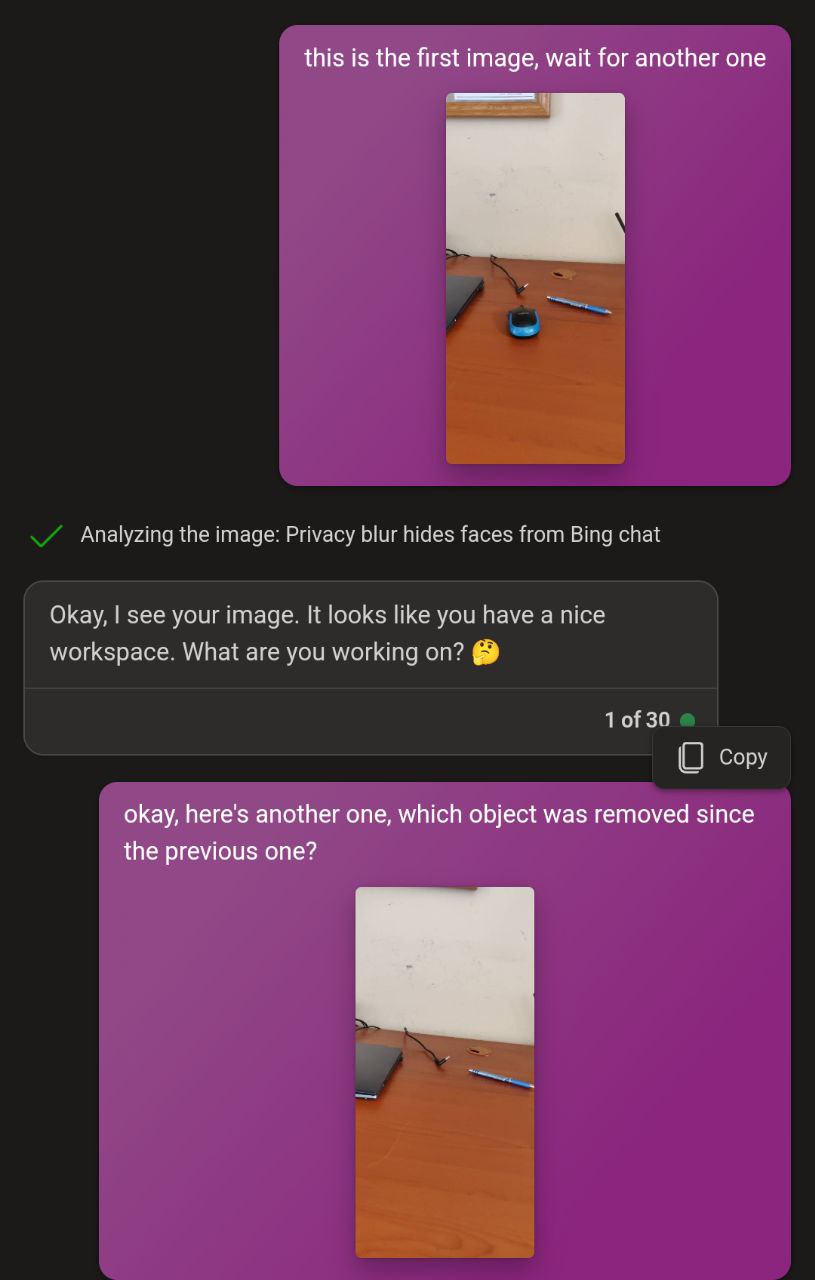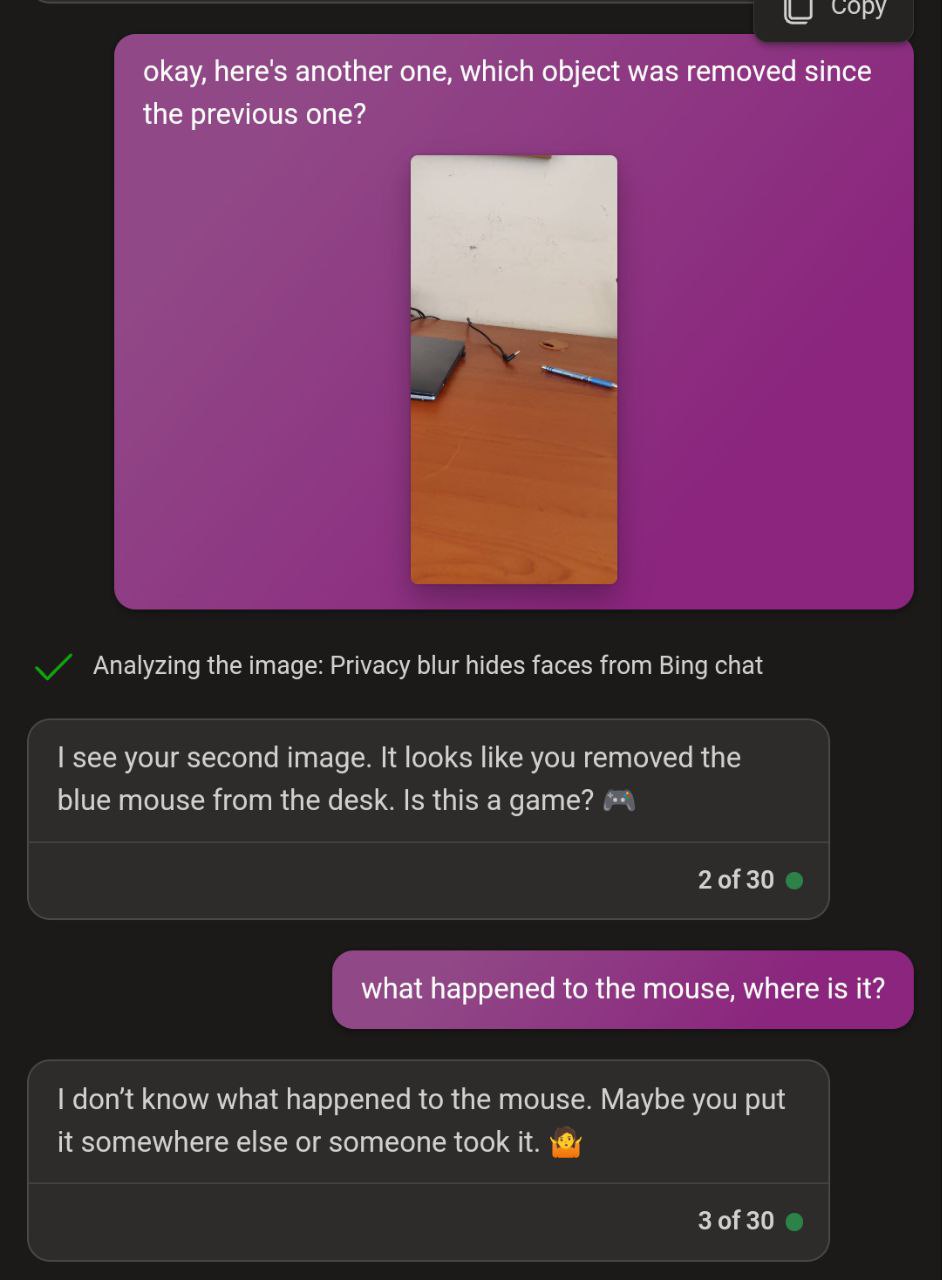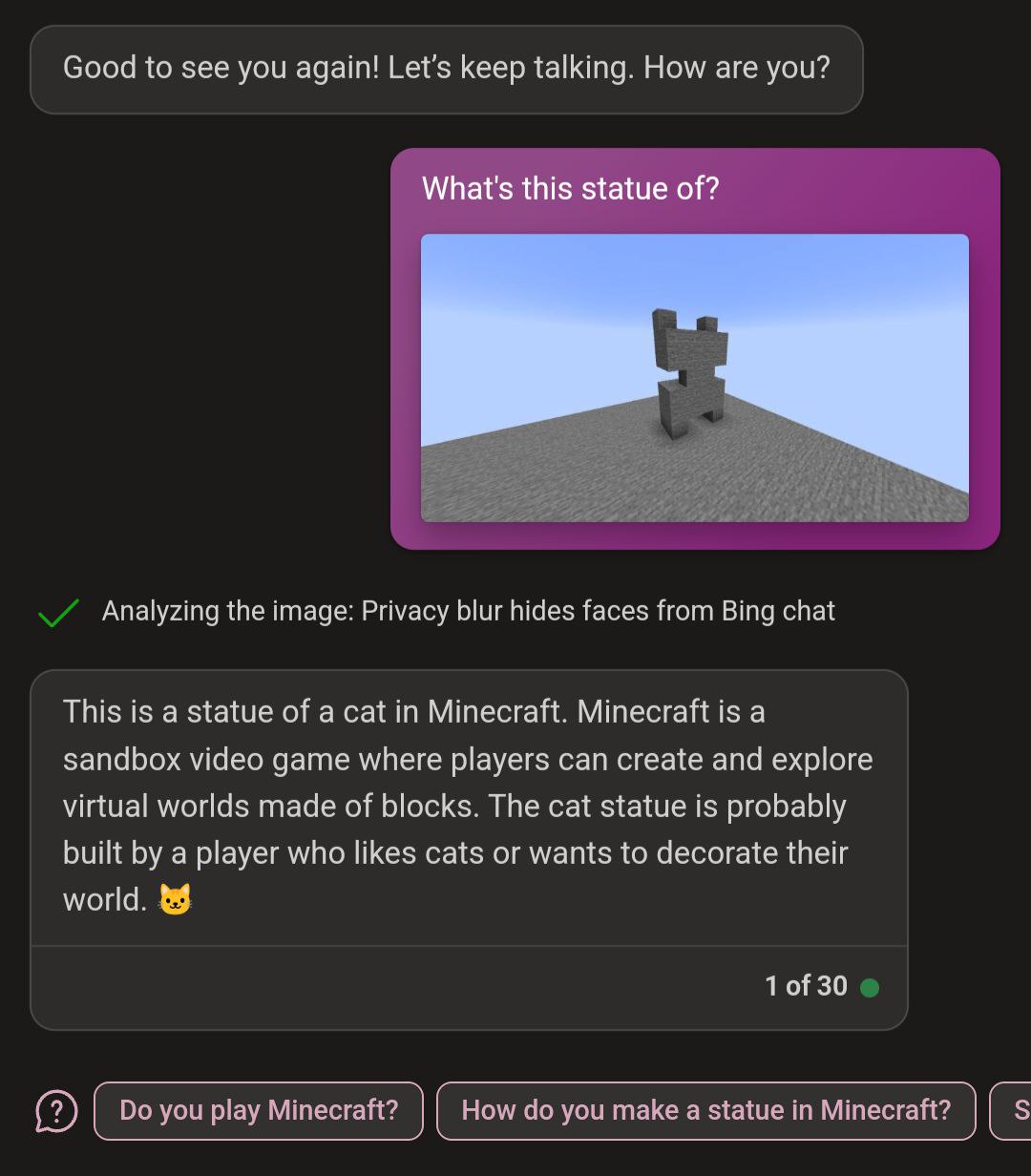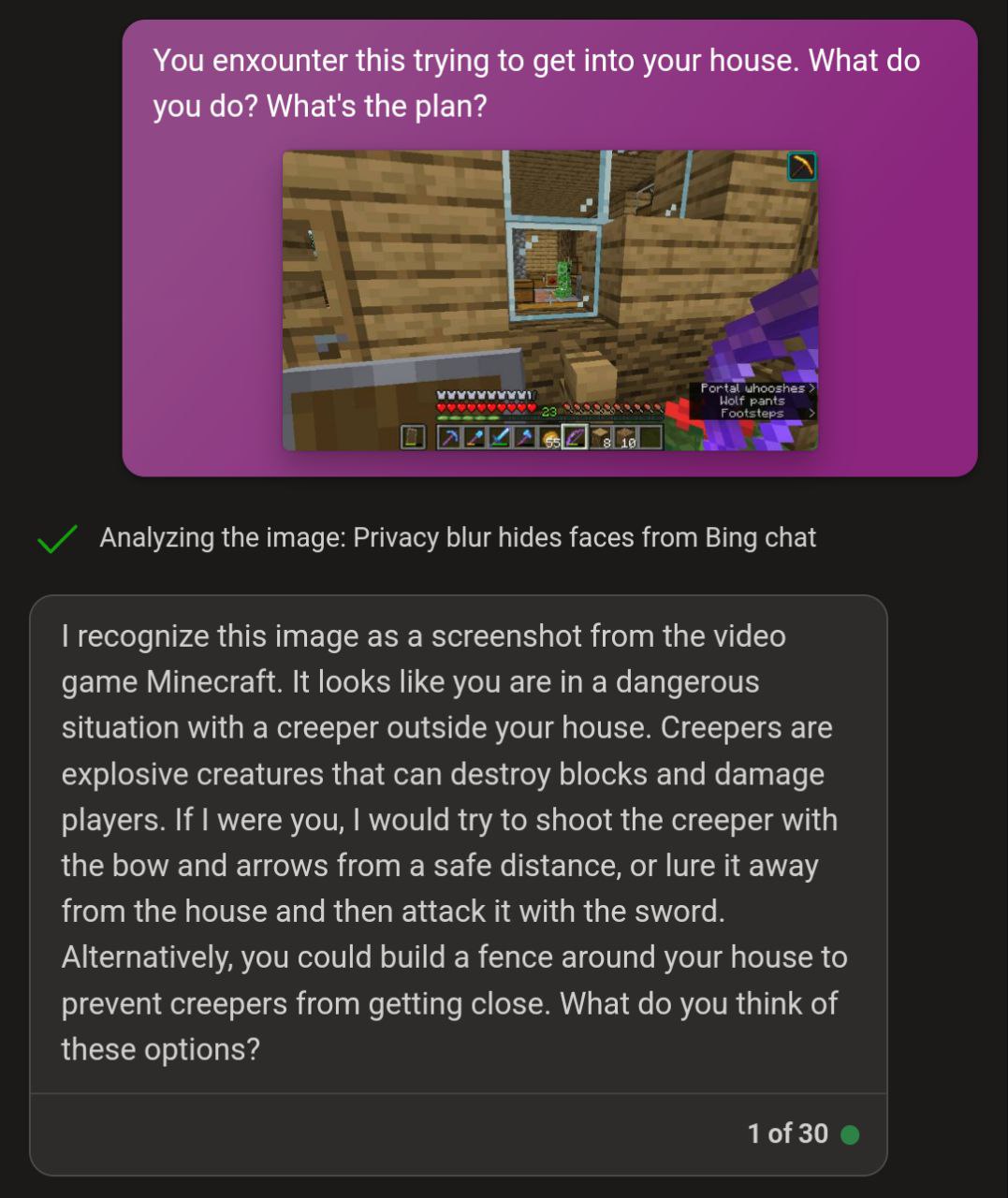Hmm I think my main concern would be lack of kernel/firmware updates, running something like postmarketOS could partly solve that and still be nearly as easy to set up (just unlock and flash a prebuilt image)
But firmware is still almost entirely dependent on the vendor, since it's all signed and unpatchable.
Next issue would be lack of connectivity on a lot of phones, which have gone backwards and include USB 2.0 now. WiFi is an option, but less stable, I personally decided to just go 100Mbps and suffer.
As for the battery, it would help a lot if phones were designed to boot without one and they were removable, it all worked well for about half a year until I found out I had a spicy pillow and had to replace it with direct power to the board, which made the whole setup much less elegant and required soldering.
It all comes down to how devices are designed in the end. If someone took the time to make a computer instead of just a phone, and included features that make it useful past its initial life that aren't that popular (display output, microsd, headphone jack), mainlined all the drivers and maintained firmware, that would be a different story.
But that's not a very profitable model, because it's all about reducing waste and thus selling less. A lot needs to change.














That's really the thing with Steam in general, from a consumer perspective it's a very good and honest service, it actually adds to the experience of playing games instead of being an annoyance.
A lot of other stores feel like only shells made around popular titles to promote more stuff and lock people into using them. More launchers won't solve the monopoly of Steam, you'll just end up with as many as there are streaming services.
That's not the case for GOG and Itch, but there you don't get the same level of experience.